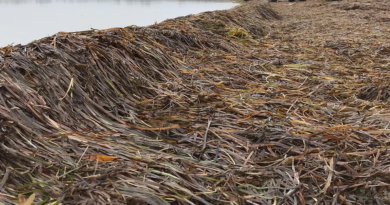EU revise the rules on waste shipments
Waste can be a valuable resource but it has to be used with care. When waste shipped across borders is not properly controlled and sustainably managed in the destination countries, it can harm human health and the environment. On the other hand, such waste can have a positive economic value and also bring environmental benefits. This is the case when it is recycled and used as secondary materials, therefore replacing virgin materials and contributing to a more circular economy.
International trade in waste is on the rise, and the EU plays a significant role in it. The Waste Shipment Regulation currently in force dates back to 2006. Since its adoption, exports of waste from the EU to third countries have considerably increased, notably to countries that are not members of the OECD. The lack of detailed provisions to ensure that waste is managed sustainably in the countries of destination has led to weak enforcement and environmental and public health challenges in those countries. In 2020, the EU exported around 33 million tonnes of waste to non-EU countries and imported around 16 million tonnes.
In addition, nearly 70 million tonnes of waste are shipped between EU countries each year. Administrative procedures limit the circulation of waste between EU Member States and this in turn is slowing down the move to a circular economy at EU scale.
Another significant problem is that illegal traders widely bypass existing rules, resulting in environmental crime in the EU and in third countries. Organised criminal groups increasingly focus on lucrative waste crime largely using legal business structures to perpetrate their activities. Coordinated enforcement campaigns indicate that between 15% and 30% of waste shipments might be illegal, amounting to EUR 9.5 billion annual revenues from the illicit waste market in the EU.
Overall, these developments have exposed the fragility of a business model where the export of waste outside the EU has become a common way of dealing with some waste streams generated in the EU.
To address all these issues, this proposal for a new Regulation puts forward a new approach to address EU shipments of waste, implementing the commitments of the European Green Deal, the new Circular Economy Action Plan and the Zero Pollution Action Plan and the new EU Strategy to tackle Organised Crime 2021-2025.




